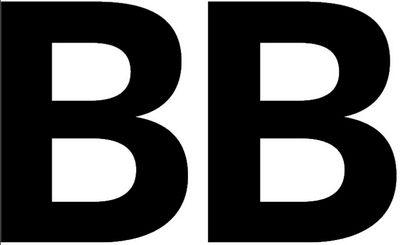I recently wrote about the importance of roles on a basketball court, and the similar importance in the work place.
I now want to dig a bit deeper into a hidden assumption buried within this idea.
When we think of roles, we tend to think that a person fits a particular role. A scorer excels at getting points, a distributor works with the ball in his hands, a rebounder plays in the post, etc.
But this classification misses a key point – people can play different roles.
Take Kevin Durant as an example. He’s one of the best scorers in the league. He could easily be the go-to scorer on a team and score 35+ points per game. But on the Warriors, he’s alongside several other players who are more than capable of scoring themselves. So he takes a backseat sometimes. Sure, he still takes over games occasionally, but he seems just as willing to let Steph Curry or Klay Thompson score 40 when they get going.
The key is that Durant, and any other good team member, has the ability to change roles.
Sometimes the assumed leader of a group needs to take a step back and let others takeover. Sometimes the best writer, presenter, etc. needs to settle into a support role and let someone else take over.
It’s all part of building a successful team.
-Brandon
